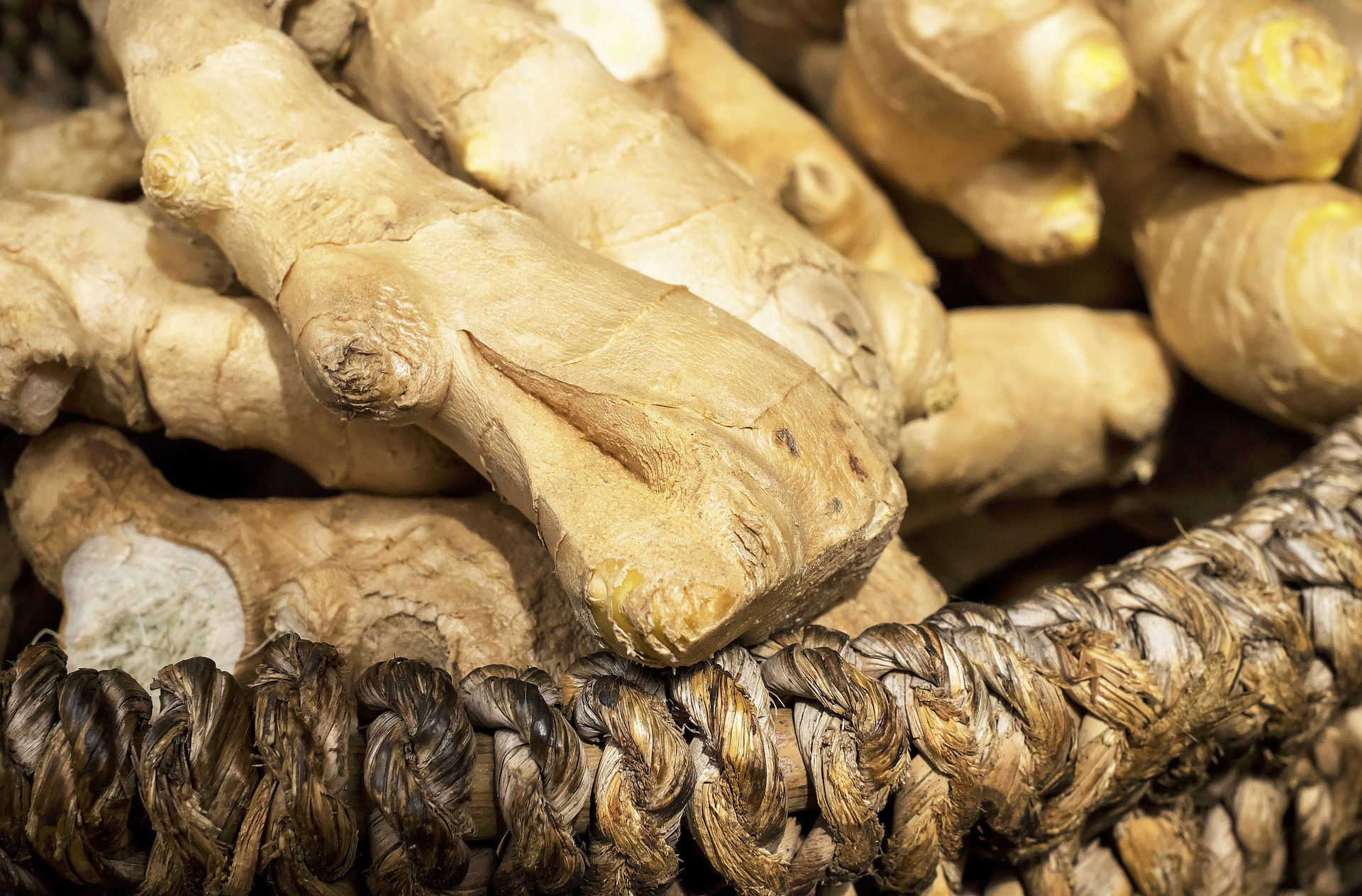Fresh ginger and its history in Europe

Fresh ginger, a member of the Zingiberaceae plant family, has been used for thousands of years for its unique flavor and medicinal properties in Asian and Middle Eastern cultures. It is only in recent centuries that ginger has been introduced to Europe, where it has become a popular addition to many cuisines.
The history of fresh ginger in Europe is an interesting tale of trade and exploration. Ginger's journey to Europe began with the Silk Road. The Silk Road was a network of trade routes that connected Europe with Asia. It was named after the silk that was traded along it, but it was a route for many other goods, including spices.

Ginger was one of the spices that was traded along the Silk Road. Its journey along this trade route began in China and India, where it was grown and harvested. Ginger made its way to Europe during the 11th century through the Arab world. Traders from the Arab world would bring ginger to Europe by way of Venice, which was the center of the spice trade in Europe at the time.
Ginger was highly prized in Europe for its ability to preserve food and its medicinal properties. In the Middle Ages, ginger was used as a remedy for various ailments. It was used to treat common illnesses such as the common cold, as well as more serious illnesses such as the plague.
Entertainment also came into play, where gingerbreads were baked, which were the precursors to today's gingerbread houses, and were very popular with both children and adults. Today, fresh ginger is a staple of many European cuisines. It is used in dishes ranging from savory to sweet.

It is often used in baking, where it adds a unique flavor and aroma to cakes and cookies. It is also used in Asian dishes, where it is an essential ingredient in many curries and stir-fries.
In conclusion, the history of fresh ginger in Europe is a fascinating tale of trade and exploration. Ginger's journey from China and India to Europe via the Silk Road and the Arab world is a testament to the resilience of this spice. Today, ginger is an important ingredient in many European cuisines, and its unique flavor and medicinal properties continue to make it a valuable addition to our diets.